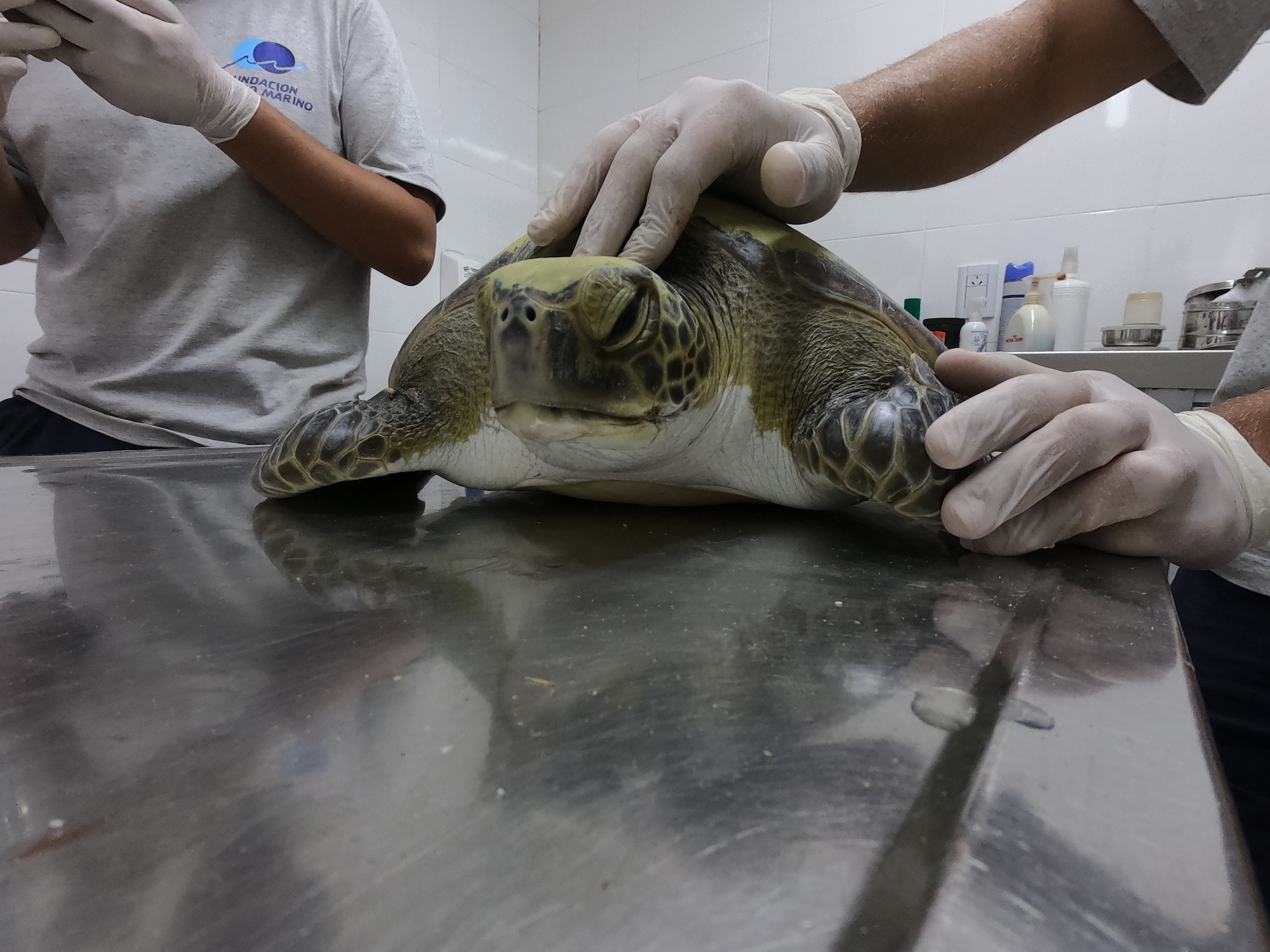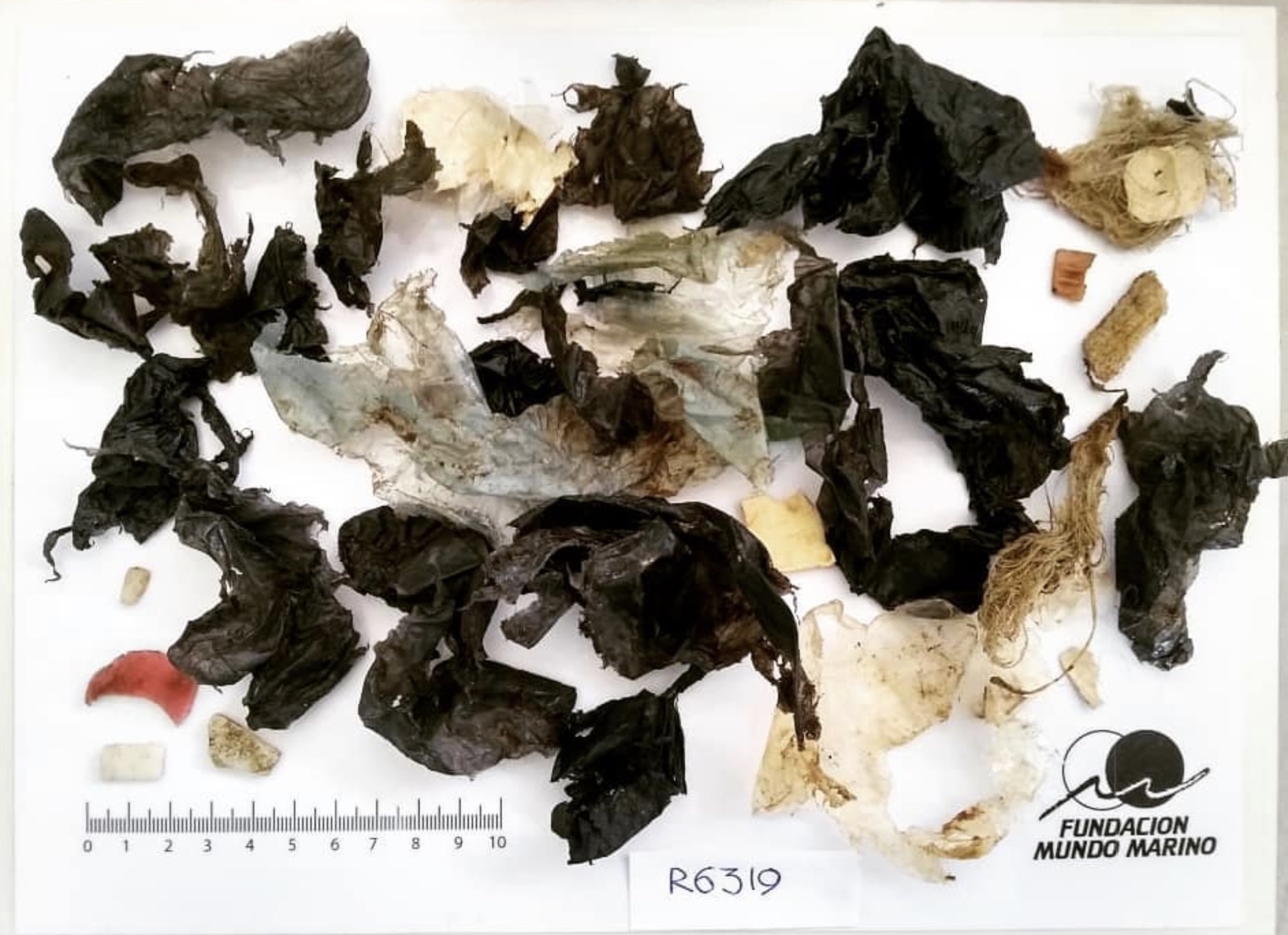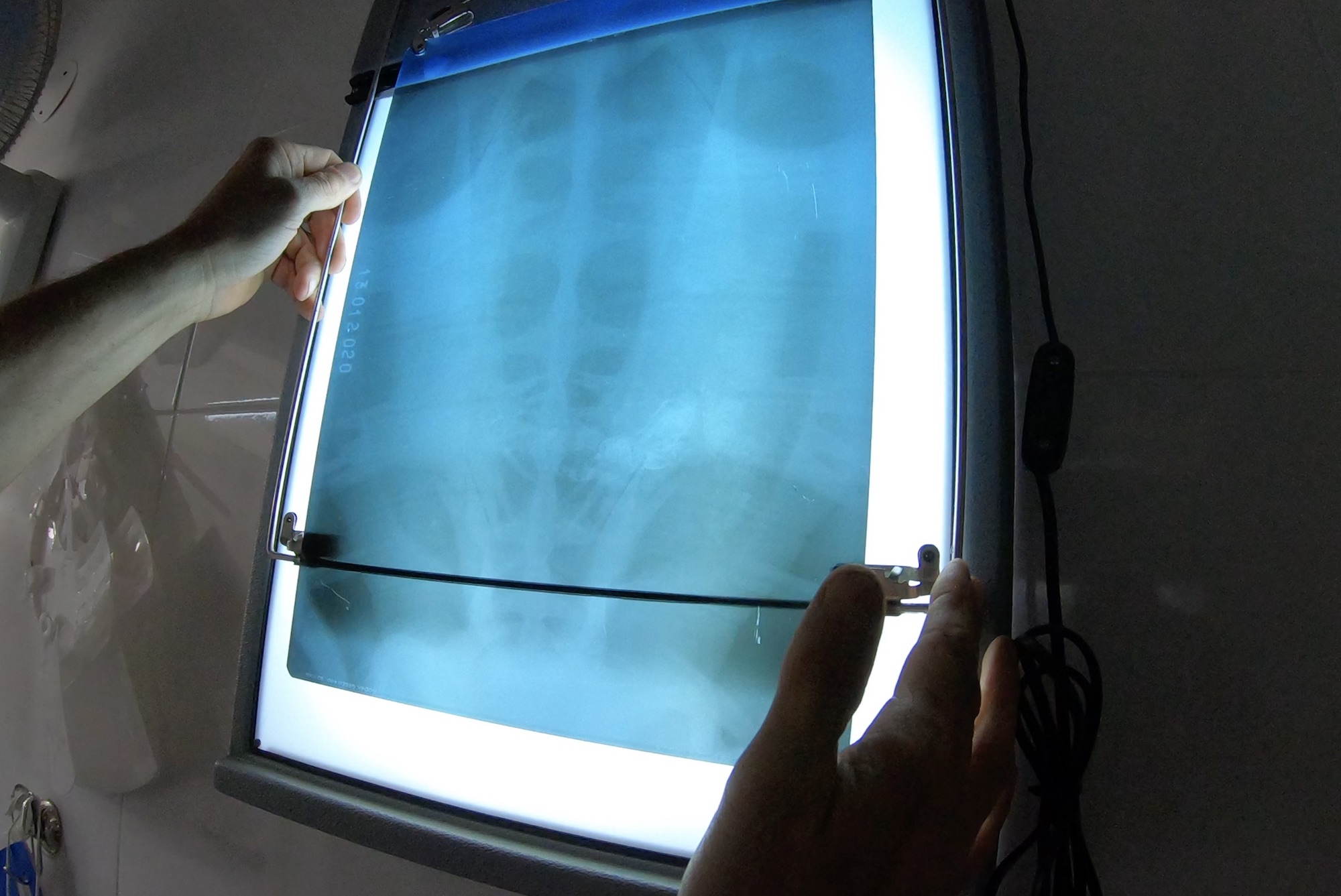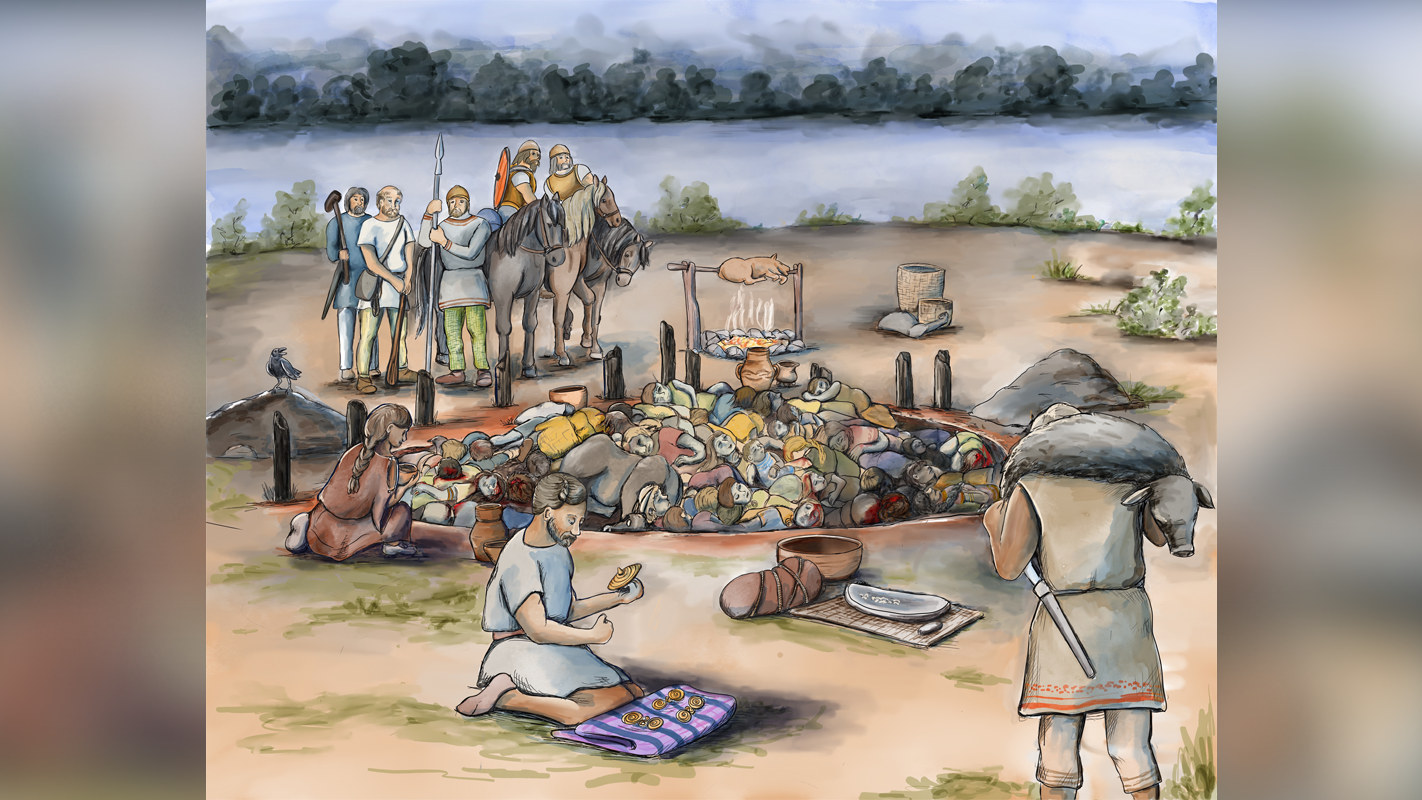Green turtle rescued from fishing net poops out all kinds of human trash
This sea turtle likely ate the trash thinking it was food.

Get the world’s most fascinating discoveries delivered straight to your inbox.
You are now subscribed
Your newsletter sign-up was successful
Want to add more newsletters?

Delivered Daily
Daily Newsletter
Sign up for the latest discoveries, groundbreaking research and fascinating breakthroughs that impact you and the wider world direct to your inbox.

Once a week
Life's Little Mysteries
Feed your curiosity with an exclusive mystery every week, solved with science and delivered direct to your inbox before it's seen anywhere else.

Once a week
How It Works
Sign up to our free science & technology newsletter for your weekly fix of fascinating articles, quick quizzes, amazing images, and more

Delivered daily
Space.com Newsletter
Breaking space news, the latest updates on rocket launches, skywatching events and more!

Once a month
Watch This Space
Sign up to our monthly entertainment newsletter to keep up with all our coverage of the latest sci-fi and space movies, tv shows, games and books.

Once a week
Night Sky This Week
Discover this week's must-see night sky events, moon phases, and stunning astrophotos. Sign up for our skywatching newsletter and explore the universe with us!
Join the club
Get full access to premium articles, exclusive features and a growing list of member rewards.
The phrase "what goes in … must come out" took on a literal meaning for a green turtle that had gobbled up human trash, only to poop it out later with help from a veterinarian.
The green turtle (Chelonia mydas) was initially found tangled in the net of Roberto Ubieta, a fisherman from San Clemente del Tuyú, a town on the Atlantic coast of Argentina. Ubieta, who had received training from the Mundo Marino Foundation on how to help marine reptiles trapped in fishing nets, immediately got to work aiding the turtle.
But when Ubieta brought the animal to the rescue center of the San Clemente institution on Dec. 29, veterinarians there realized that the turtle had other immediate health problems.
Related: Photos: Butterflies Drink Turtle Tears
A few days after arriving at the center, the turtle began pooping out trash, including fragments of nylon bags and hard plastics.

X-rays revealed that the turtle had garbage in its belly, likely because the animal had mistaken the trash for its natural food, such as jellyfish, sea grasses and worms, the foundation said.
"Therefore, we began a treatment with a medication that favors its peristaltic movements (movements of the digestive tract) and allows it to eliminate what we observed on the [X-ray] plates," Ignacio Peña, veterinarian at the Mundo Marino Foundation, said in a statement (translated from Spanish with Google translate).
Get the world’s most fascinating discoveries delivered straight to your inbox.
In all, the turtle defecated 0.5 ounces (13 grams) of garbage, the foundation said.
Now, the turtle is doing much better. "Today, the turtle is eating green leaves, mainly lettuce and seaweed," Peña said.

This is the third turtle brought to the foundation this year. The same fisherman found a dead green turtle on Jan. 12. A necropsy (an animal autopsy) of that turtle showed that the animal also had plastics in its digestive system. A third turtle survived but also expelled trash, a piece of nylon bag, in its poo.
Animals that mistake trash for food are at risk of death. Garbage can mechanically block their digestive tracts, as well as take up room so there's less space for nutritious meals.
"In addition, a large amount of gas could be generated … [as a] product of the accumulated plastic," Karina Álvarez, biologist and conservation manager at the Mundo Marino Foundation, said in the statement. "Which would affect their ability to dive and immerse, both to feed and to find more suitable temperatures."
The green turtle, one of the largest sea turtles, is found in tropical and subtropical waters. These animals are endangered, according to the International Union for Conservation of Nature, largely because of humans who overharvest their eggs and hunt the adults, according to the World Wildlife Fund. Green turtles also face habitat loss and are frequently entangled in fishing gear.
Sea turtles aren't the only aquatic animals to mistake trash for food. Garbage has also ended up inside fur seals living in a remote part of Chile and whales, including a sperm whale that died with a 220-lb. (100 kilograms) "litter ball" in its belly.
- In Photos: Tagging Baby Sea Turtles
- Photos: See the World's Cutest Sea Creatures
- Image Gallery: Pile of Turtle Fossils Unearthed
Originally published on Live Science.


Laura is the managing editor at Live Science. She also runs the archaeology section and the Life's Little Mysteries series. Her work has appeared in The New York Times, Scholastic, Popular Science and Spectrum, a site on autism research. She has won multiple awards from the Society of Professional Journalists and the Washington Newspaper Publishers Association for her reporting at a weekly newspaper near Seattle. Laura holds a bachelor's degree in English literature and psychology from Washington University in St. Louis and a master's degree in science writing from NYU.
 Live Science Plus
Live Science Plus










